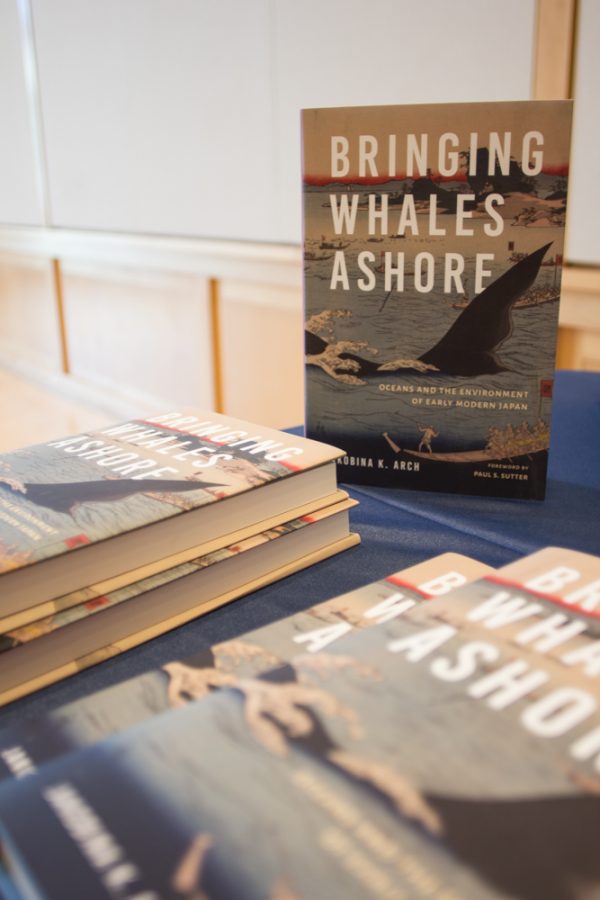In every economics course one of the first things you learn is about the idea of sunk costs. A sunk cost is basically something you have invested, usually time or money, that you have no chance of getting back. For example, a new technology is being developed and your company puts in a $20 million non-refundable deposit, with the option of paying another $40million if you end up using the product. Then a new company comes out with a technology that does the same thing; it will cost $5 million deposit with an extra $10million if put to use. You can’t get your $20 million back, but the second option still saves you tons of money.
These are the numbers facing the New York Jets regarding Mark Sanchez’s new contract, or sign a free agent like David Garrard. “Bad contracts” whether it be paying a player whose skills have declined drastically due to age, over paying a free agent whose skills didn’t translate to a new scheme, or until recently high draft picks in the NFL. A bad contract doesn’t always mean a poor investment initially. Sometimes players are projected to do great things and just don’t develop properly, sometimes injuries stymie a player’s career and prevent them from making things work. One of the questions facing every team ever year is what to do with these players. There is a line between trying to make things work, developing a player and just admitting mistakes. Clearly teams hate admitting they messed up, but pretending there isn’t a problem doesn’t fix things. Unfortunately for them, sometimes ignoring the issue compounds the problem even more.
The inspiration for this article stems from the dilemma that the Philadelphia 76ers will face this off-season when dealing with center Andrew Bynum. The 76ers gave up perennial All-Star Andre Igoudala and reserve Nikola Vucevic to acquire Bynum, who will face free-agency at the end of this year. The kicker in this whole scenario is that Bynum has played exactly 0 minutes this season and reports have come out that his knees are degenerative and arthritic meaning he may never play again on a consistent basis. Did I mention that he also is getting paid $17 million while he isn’t playing? He is/was certainly capable of being a player well worth his salary––25 year old 7 footers with Bynum’s offensive skill set don’t come along everyday, but the risk of his knees holding up is huge.
Which begs the question do the 76ers make an attempt to resign Bynum this offseason for presumably a maximum contract with the potential that he might not play or do they admit they made a bad trade and let him walk away? My personal view is that the 76ers let him walk. He is going to search and probably get a maximum level deal from someone in the NBA in desperate need for a big man and have little to lose. The 76ers however don’t need to worry about that risk. The emergence of center Spencer Hawes combined with their young and exciting backcourt can make the 76ers a team that can win soon. It would be much more worth while to use the money they would pay Bynum to secure the core of their roster and could still have money left over to bring in an above average player or two. The 76ers could also be seen as fairly fortunate though, because they have the ability to get rid of Bynum after this year if they want, they don’t have to sit and pay someone the don’t want for extended periods of time, something football and baseball teams are both dealing with right now.
Around the NFL we are seeing big name players get cut in order to clear cap space for free agents and rookie contracts. Just in the last few days Panthers CB Chris Gamble, Cardinals S Adrian Wilson, and Rams RB Steven Jackson have all been cut from their squads. Now none of these players will have a hard time finding work with other teams, and they know it is part of the NFL business where players get one or two big contracts but very few starts actually see the end of their last contract, especially if their skills see a noticeable decline. A lot of the debate stems from guaranteed contracts, but as the example noted in the introduction shows sometimes, cutting losses and moving forward is the best decision. Mark Sanchez hasn’t shown that he can be a capable NFL starter, despite four years to do so, but his contract is being used a major reason why the Jets won’t move him. It makes more economic and football sense if they just cut ties, eat the guarantee’s of his contract and move on with their team.
We have very similar issues in baseball as teams look to trim their Major League rosters in that some contracts are just bad. Angels outfield Vernon Wells will make $21million this year, while superstar Mike Trout will bring in about $550,000. Trout is the star of the team and very clearly in its future. Wells is mediocre and the Angels are just waiting to get rid of him. Because there is no salary cap in baseball it is up to the owner to decide the payroll for his team. With the Angels spending hundreds of millions of dollars in Albert Pujols and Josh Hamilton they are clearly trying to win a championship. Yet they insist on paying Wells to be an average player on their team. If they have to pay him regardless of what happens why not cut him, eat the deal, get a better player in his spot, and then finally make the money back up with ticket sales by making a post-season run. Obviously if winning were that simple Wells would be looking for work, and the Angels would be World Series Champs. There is a precedent for this though, last season the Boston Red Sox did one of the most massive salary dump in history and were pretty universally applauded for it. There has to be a reason though, the Red Sox were struggling and the move was seen to help chemistry and open up a rebuilding era. The Miami Marlins tried the same thing and people are calling for owner Jeff Loria’s head. There are pros cons to each roster move, but there is no reason to hold on to bad deals to prevent admission of guilt.
However simple this may seem I must disclaim that I do not know the inner working of contract negotiations or behind the scenes details of locker rooms. There must be something going on or else under grad econ students would make great decision makers in sports front offices. I just look around pro sports and can’t seem to understand why some many average players still have huge contracts. Poor scouting can happen, sometimes players don’t turn out the way people expect, but that doesn’t mean they should continue to be rewarded for being a disappointment.





